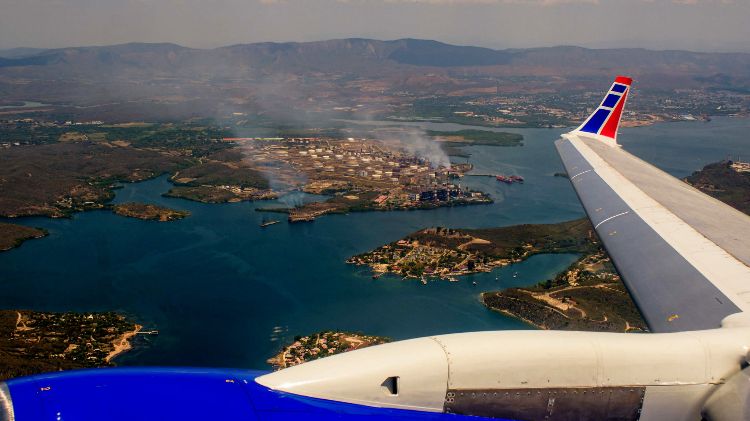AREQUIPA, Peru – Researchers from the University of Leicester, in the United Kingdom, demonstrated through a study that the noise generated by air traffic can alter the quality of sleep of those who live near airports.
The analysis included data from more than 80,000 people who lived near four large British airports: London Heathrow, London Gatwick, Manchester and Birmingham, indicates a report from the state agency Latin Press.
During the study, subjects wore wrist-worn devices that tracked their sleep patterns and answered questionnaires about sleep quality.
The experts compared this data with maps created by the UK Civil Aviation Authority, which show the level of noise produced by planes in neighborhoods near airports.
They found that people exposed to higher noise levels of aircraft tended to move more while sleeping, a sign of sleep disruption, according to an article published in the journal Environmental Health Perspectives.
The loud sound of airplanes also appears to disrupt people’s sleep-wake cycles, causing them to fall asleep and wake up at irregular times, the study also concludes.
Xiangpu Gong, lead researcher, explained that increased nighttime airplane noise was linked to impaired sleep quality, even if people didn’t realize it.
Sleep disorders could have long-term effects on health, so it is important that policies address and reduce noise pollution from airplanes, the expert said.
“Nighttime airplane noise was associated with more restless sleep and disrupted sleep-wake cycles, suggesting a link between noise exposure of airplanes at night and sleep disorders,” Gong concluded.
He noted that poorer sleep patterns were associated with a higher risk of mental health problems, conditions such as diabetes and obesity, and increased risk of mortality.















